Top 13 cleaning tips for your home
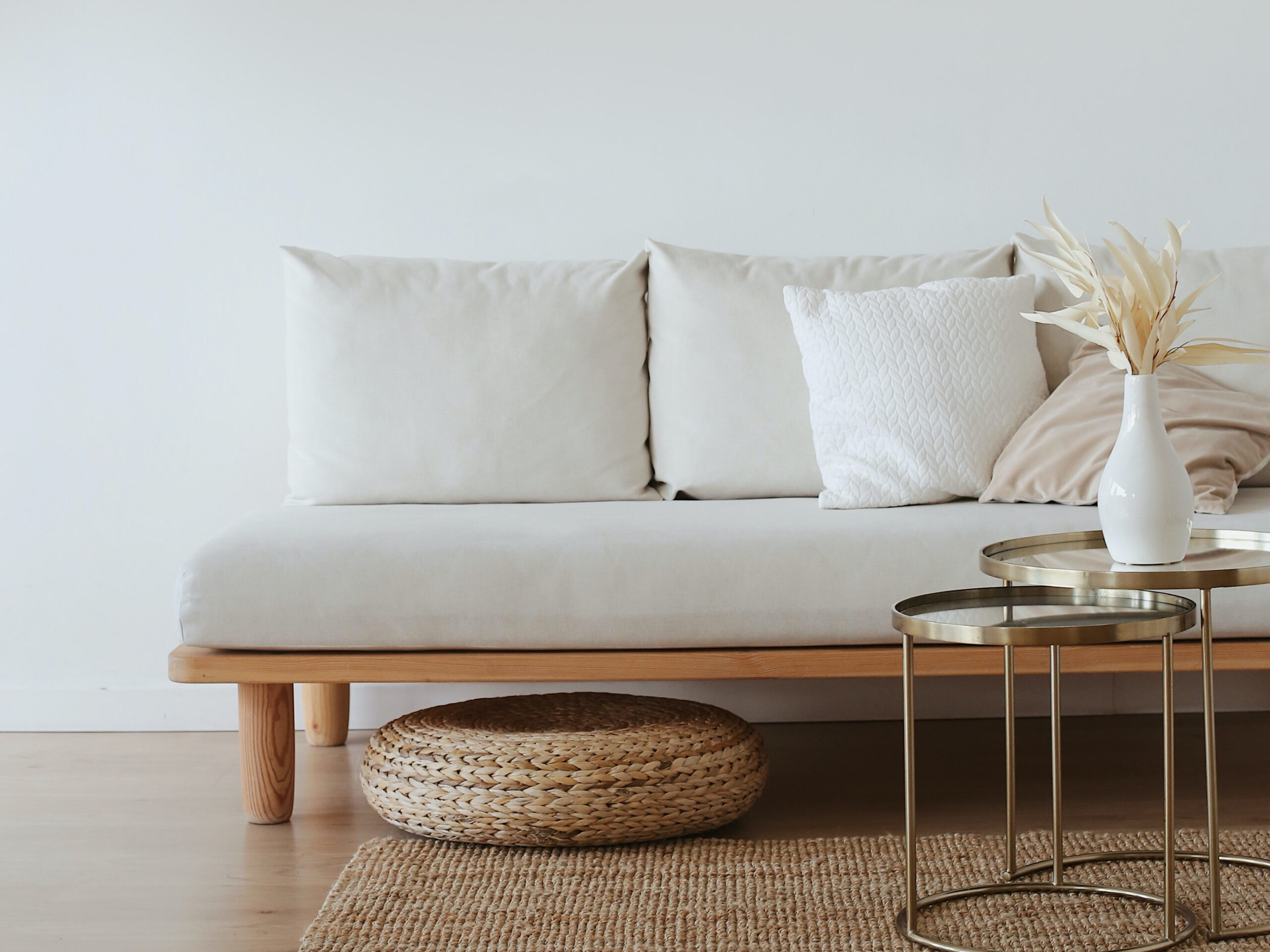
Without home cleaning tips, sometimes, cleaning your home can be tedious. You spend endless hours, scrubbing and spraying, wiping and vacuuming. Then you have to start all over again!
It seems like there is no easy way to clean your home – how many ways could there be to clean a home?
Well, what if I told you that you could massively increase your efficiency and clean your home with much less time and effort?
Follow these top tips for cleaning your home using brains, not brawn. Turn your frantic scrubbing into effortless swipes and sparkles with this guide of top tips to clean your house.
Use a toothbrush and white vinegar to disinfect switches and buttons
What a lot of people don’t know is that vinegar is a very versatile cleaning solution. It’s also very cheap, unlike most branded cleaning products. Just mix a half-half solution of white vinegar with tapwater and scrub onto any lightswitches, computer keyboards or other places where bacteria could reside. The acid in the vinegar neutralises the germs, leaving surfaces sparkling clean and safe.
As well as switches, white vinegar can be a very effective general purpose cleaner, many people use it to clean windows and kitchen worktops.
Keep dust under control for cleaner air
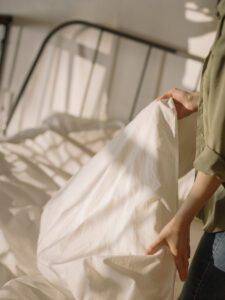
Whilst this may seem obvious to some, many people neglect to keep on top of dust levels. It’s not enough to just vacuum the floor and wash pillow cases. Use a duster to free up dust from all those hard-to-reach places and move furniture to allow you to vacuum where you can’t normally get to. Dust builds up in these places and forms the perfect home for dust mites. This in turn can be problematic for people with allergies.
It’s worth taking down curtains once a year and putting them in the wash. You can also vacuum them every couple of months.
The ideal tool for wiping away dust is a proper dusting cloth or microfibre cloth. This will pick up the dust and not just move it around, like a feather duster would do. A damp paper towel can also be very effective at picking up thick dust, which ou can then simple throw in the bin.
Clean busy, high-traffic rooms more often
Is it really worth vacuuming the spare bedroom every time you do your own bedroom? Unless you have a constant stream of guests, then of course not! Be practical. Focus your time and energy on where it’s needed and you will be much more effective with your efforts.
Like any undertaking, it’s worth taking some time beforehand to plan out your actions. Perhaps on Mondays you could clean up the upstairs bathroom, then on Wednesdays you give the downstairs bathroom a quick cleanup. Fitting cleaning around your work and family commitments will help you maximise your time and free up busy times.
Keeping on top of smaller cleaning tasks is a great way to prevent them from turning into bigger jobs. So consider giving sinks a quick wipe down after use etc.
Use descaling tablets to remove unsightly limescale
After a while, particularly if you live in a hard water area, you will start to see a white salt-like deposit on heating elements within coffee machines and dishwashers. Add a couple of descaling tablets your dish washer and run a cycle. For coffee machines, fill up with water and allow a tablet to dissolve in it overnight. Rinse out afterwards and the limescale should be massively reduced.
Get your bath or shower sparkling with grapefruit and salt
I’m not sure who first tried their crazy idea, but it works! Just like lemons can be used for cleaning, so can the humble grapefruit.
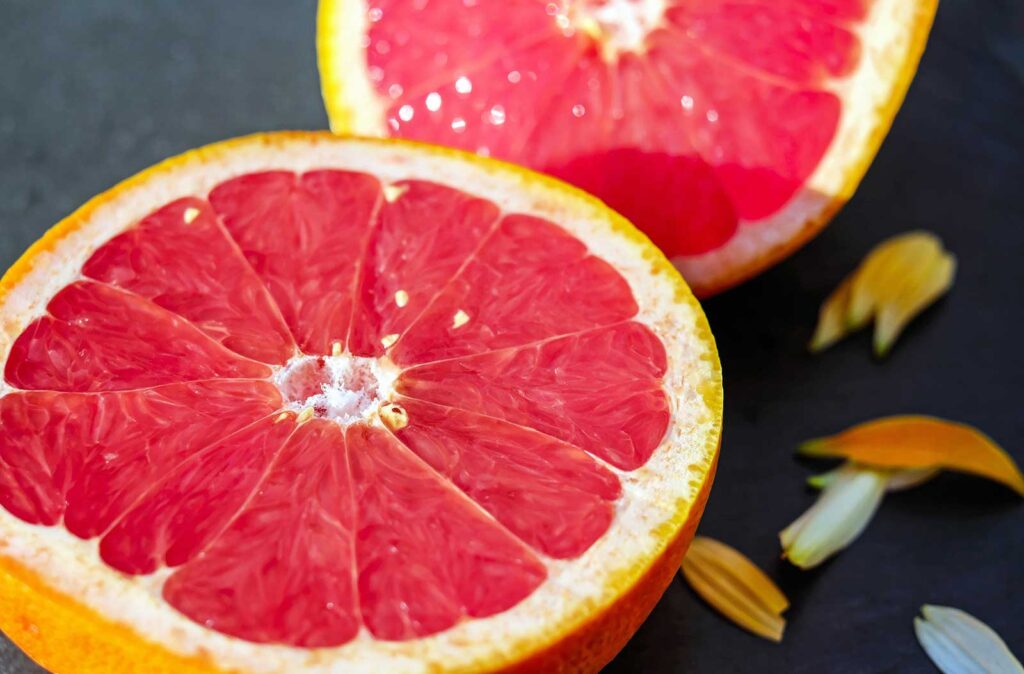
Just cut the grapefruit in half and dip it in a saucer of salt. The abrasiveness of the salt combined with the citric acid in the grapefruit juice is a powerful combination for scrubbing away limescale and stubborn bath scum.
Use shaving cream to erase upholstery stains
If you’ve spilled food or drink on your new upholstery and you don’t have any special fabric cleaner available, then you can use shaving foam in a pinch. Some people report fantastic results, just be sure to test a tiny bit on a hidden part of the upholstery first, just to make sure there isn’t any adverse reaction or bleaching.
Before you reach for the first shaving product you can see, just check it’s not shaving gel or oil! It should spray out as a foam into your hand.
Soften rough towels
Rough scratchy towels are a particular problem in hard water areas. An effective way to make your towels lovely and soft without the use of a dedicated softener use heat and Ammonia.
Set your washing machine to the highest heat setting possible and add a cup of Ammonia. Don’t add any other additives or detergents.
The mineral buildup causing your towels to feel rough will be lifted away, leaving them feeling as soft as new.
Good housekeeping is about more than just hygiene, it’s also about comfort!
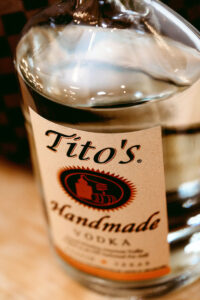 Remove mildew using Vodka
Remove mildew using Vodka
This is a great way to remove mildew spots from your bathroom, your shower curtain etc. You don’t need to use a lot of vodka either. Just a 50-50 mix of vodka with water in a plant sprayer is all you need. Just spray the diluted vodka mix onto your mildew spots and wipe away with a cloth.
Even better than vodka, you can use Isopropyl alcohol (rubbing alcohol) which is commonly used for cleaning, but many people have vodka in their cupboard and they are not aware that it can be used for cleaning mildew.
Keep your washing machine fresh using bleach
Most people think that their washing machine is self-cleaning. This is only partially true, all machinery needs some level of maintenance and washing machines, considering the amount of dirt and water they encounter, are particularly in need of the occasional clean-out.
You may notice a slight smell coming from your washing machine, I’ve heard it described as a sweaty, musty or mouldy smell. This is in fact bacteria growing in the washing machine, which is not only smelly, but it can also make your family ill.
To freshen up your washing machine and get it smelling clean again, squirt some bleach into the machine and run it on a standard clean cycle, without any clothes in. This will neutralise any bacteria or viruses and you can continue to use it as normal.
You may want to repeat this process every month or so, or when you notice any musty smells coming from the machine or on your clothes.
Make a general cleaner for next to no cost
If you are tightening your belt and looking to make a cleaning solution on a super-tight budget, then this is the home cleaning tip for you.
Add 4 tablespoons of baking soda to a glass of warm water and stir until dissolved. The baking soda is a strong alkali which is a disinfectant. It can be used to clean kitchen surfaces, bathrooms, windows, door handles, and pretty much anywhere.
You can find baking soda (or bicarbonate of soda) in the baking section of any supermarket.
The best thing about this simple general-purpose cleaner is that it costs virtually nothing and most people already have baking soda in their kitchen cupboard already.
Make a glass cleaner from household items
To make a glass cleaning spray that works just as well as expensive supermarket brands, try this simple recipe.
Start by adding two cups of tap water with quarter of a cup of rubbing alcohol (also called isopropyl alcohol) and half a cup of white vinegar to a measuring jug.
Mix the solution together and pour into a plant sprayer.
To use, simply spray a mist onto your window and rub away with a micro-fibre cloth or kitchen roll.
You will find this spray lasts ages and it takes just 2 minutes to create a new batch. No more waiting for your next trip to the supermarket!
Freshen up musty or sweaty towels
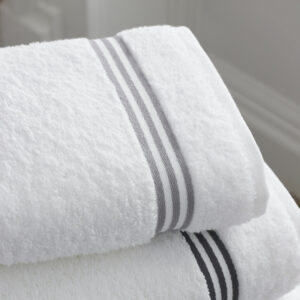
We’ve all done it. You were in such a rush getting the kids ready that you that forgot about the damp towels stashed away after swimming lessons.
After a couple of days, damp towels can become pretty stinky. It can be difficult to get that freshness back.
To wipe out mildew and bacteria, banishing the funk for good, try leaving the towel out in the sun until bone dry.
Then pre-soak the towels in a bleach water solution for a few hours. Finally, throw them into the washing machine as usual and you should find that they are back to their original freshness.
Tip: before exposing the towels to bleach, be sure to check the tag to make sure you aren’t going against the manufacturers recommendation.
Tip: before exposing the towels to bleach, be sure to check the tag to make sure you aren’t going against the manufacturers recommendation.
De-grease kitchen cabinets
After a while, kitchen cabinets will start to build up a layer of grease. Particularly the cabinets closest to the hob where you cook your food.
Don’t overthink it, just add some dish soap and water to a plant sprayer and give the cupboards a like spray. Wipe down with a damp cloth and all but the most stubborn grease will be gone. Repeat as necessary until there is no grease left.
Many branded cleaner sprays can be too potent for the sensitive cupboards and can start to damage the surface layer.
Vinegar is acidic, so there is always a possible risk of damaging paintwork or dyes in fabric. This is why it is important to dilute vinegar with water. Always test on a small inconspicuous area of your paintwork or fabric, to make sure it doesn’t cause any dulling of paintwork or running of ink.
Squirt some bleach into your washing machine and run it empty. Drain and leave to air dry.